Publications
Articles, publications, books, tools and multimedia features from the U.S. Institute of Peace provide the latest news, analysis, research findings, practitioner guides and reports, all related to the conflict zones and issues that are at the center of the Institute’s work to prevent and reduce violent conflict.
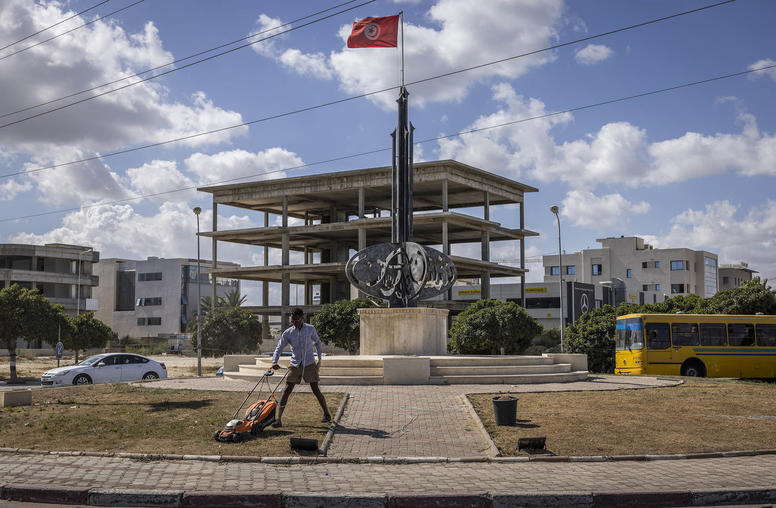
Tunisia's Twin Democracy and Economic Crises Push it to the Brink
Last July, Tunisian President Kais Saied suspended parliament in what many observers called a bloodless coup. Saied’s supporters — of which there are many — claim that this extreme executive action was necessary to root out rampant government corruption and ineffectiveness. Polling at the time showed widespread dissatisfaction with the performance of parliament and the prime minister; many Tunisians felt that their high expectations following the 2011 popular revolution were not realized and that the country was heading in the wrong direction.

Donald Jensen on the NATO and G-7 Summits
With back-to-back G-7 and NATO summits this week, USIP's Donald Jensen says President Biden is focused on maintaining unity among allies and partners as the war in Ukraine grinds on: "Putin is counting on the faltering of Western assistance and political support for Ukraine … and that's what we’ll see discussed this week."

Back to the Basics: Fixing the Americas’ Polarized Media Landscape
The recent Summit of the Americas in Los Angeles underscored that the Western Hemisphere faces several crises. Climate change threatens tens of millions of Americans throughout the hemisphere. Democracy, once the unquestioned standard of regional governance as recently as 1994 when it was celebrated at the inaugural Miami Summit of the Americas, is also in crisis. In fact, it became the unfortunate story of the summit: who was invited and who wasn’t. Regardless of which side of the democratic inclusion summit debate one adopts, democratic backsliding and the rise in autocratic governance like in Mexico, El Salvador and Brazil — to say nothing of the extinction of democracy in Cuba, Nicaragua and Venezuela — represents a worrisome reality that goes beyond the traditional left- versus right-wing paradigm.
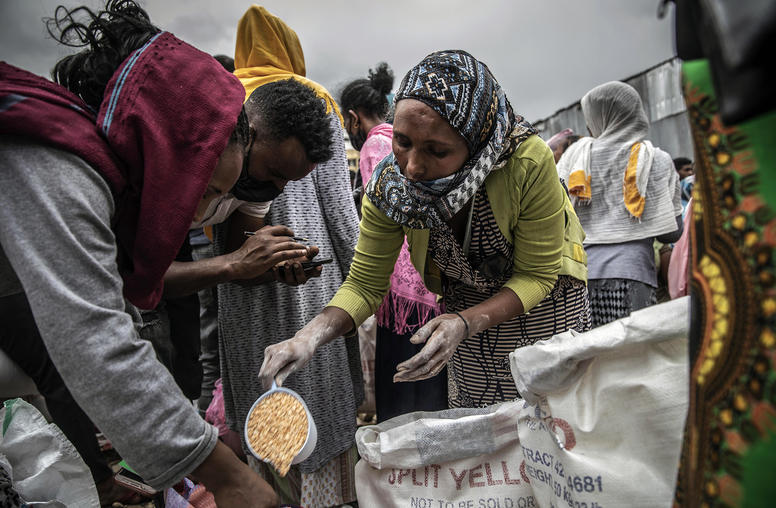
In Africa, Putin’s War on Ukraine Drives Food, Fuel and Finance Crises
Vladimir Putin’s unprovoked war on Ukraine has unleashed a wave of destruction and atrocities against its brave people. But the suffering and instability are not contained to Europe. Indeed, a continent away, Putin’s war has unleashed a “three-headed hydra” of food, energy and finance shortages in Africa, further threatening vulnerable Africans and putting dozens of countries at risk of default. Recognizing the need to tackle food insecurity, the Group of Seven (G-7) countries pledged billions more in assistance this week. But will it be enough given the severity of these challenges?
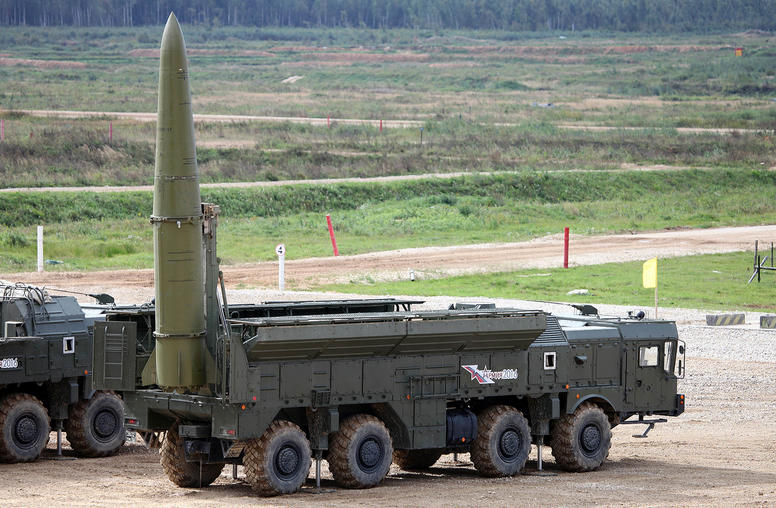
Possible Russian Nuclear Deployments to Belarus Could Shift Europe’s Nuclear Balance
During a meeting with his Belarusian counterpart on June 25, Russian President Vladimir Putin indicated that “within the next several months,” Russia intends to transfer Iskander-M missiles — which can carry both conventional and nuclear warheads — to Belarus and begin upgrading Belarusian Su-25 fighters to carry nuclear weapons. Most of the details of the deal remain unknown or to be determined. But should Putin’s promise turn out to be more than nuclear bluster — something Putin and other Russian officials have resorted to since the beginning of the Russian invasion of Ukraine — the deployment could remake the nuclear balance in Europe and increase the risk of a potential NATO-Russia conflict occurring.
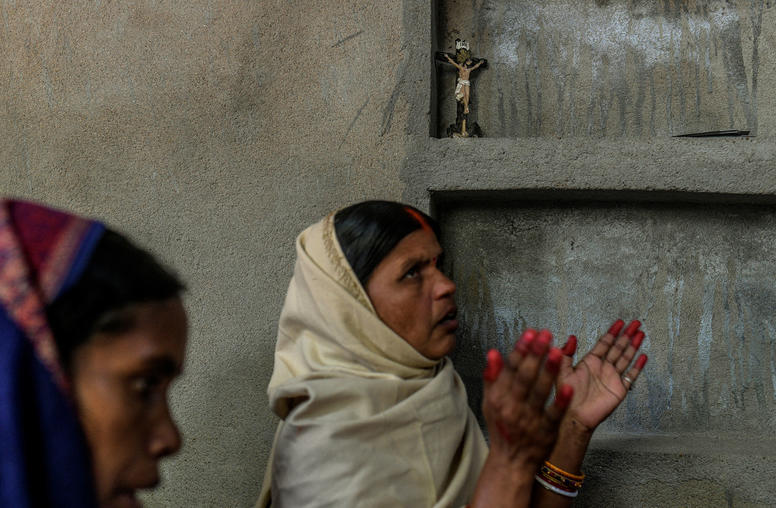
A Ripe Moment for Building Peace by Promoting International Religious Freedom
In late June and early July, two global convenings will highlight challenges to international religious freedom and the search for solutions: the IRF Summit for nongovernmental organizations and the International Ministerial Conference on Freedom of Religion or Belief. These timely gatherings will bring together government representatives, activists and faith leaders from different religious, regional and political backgrounds to discuss a common goal of ending persecution. Two keys for their success will be creating diverse coalitions to advance international religious freedom (IRF) in a nonpartisan manner and linking the issue to broader concerns about peace and stability.
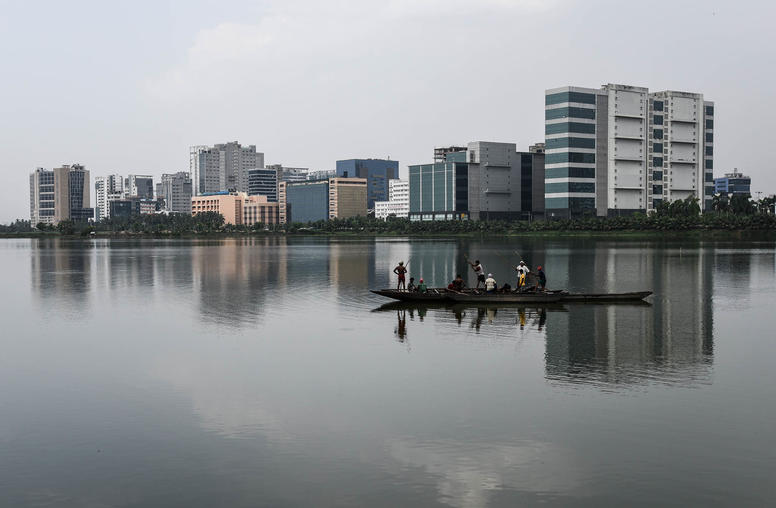
Climate Change, Migration and the Risk of Conflict in Growing Urban Centers
From 2015 to 2050, the world’s urban population is expected to nearly double, in part because migrants from rural areas devastated by climate change are being driven to cities in search of economic and social stability. However, many of the world’s fastest-growing cities are already struggling to handle their own climate issues. From rising seas to freshwater scarcity, the complex interplay of climate change, population growth and fragility in cities has made them hotbeds for social and economic inequalities — increasing the risk of violence and having a profound impact on human security in urban centers around the world.
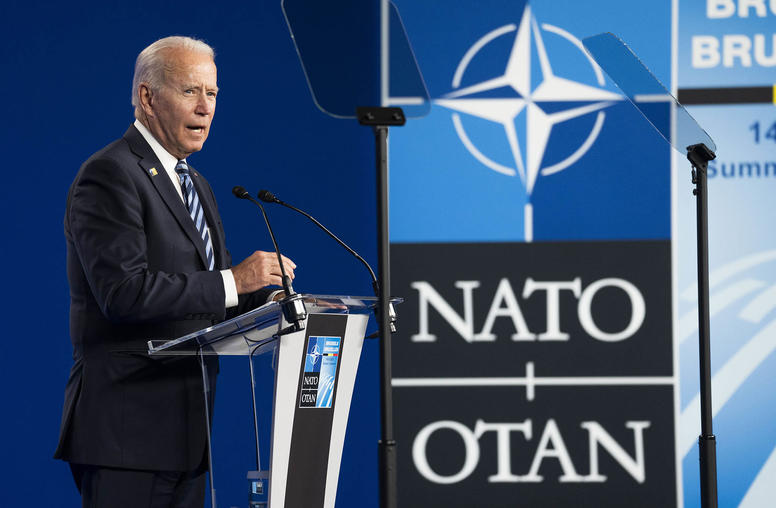
Despite Ukraine Focus, Asia-Pacific to Play Prominent Role at NATO Summit
NATO countries meet this week in Madrid, Spain amid Russia’s war on Ukraine, the biggest test the alliance has faced in decades. The summit is expected to focus heavily on demonstrating NATO’s unity, support for Ukraine and the bids of Finland and Sweden — propelled by Russia’s aggressive incursion — to join the alliance. But developments in the Asia-Pacific, chiefly the rise of China, will also be a top item on the agenda, with Australia, Japan, New Zealand and South Korea participating at the leader level for the first time at a NATO summit.
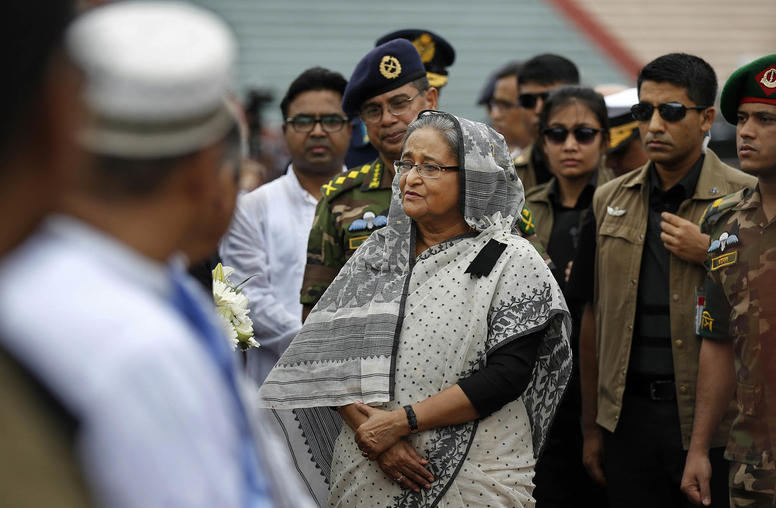
The Persistent Challenge of Extremism in Bangladesh
On July 1, 2016, Bangladeshi militants carried out an attack, targeting mostly foreigners and non-Muslims, at the Holey Artisan Bakery in Dhaka. The Bangladeshi government responded to the attack with a concerted and controversial counterterrorism campaign. Although the number of terrorist incidents has been in steady decline since 2016, Islamist groups continue to operate, recruit, and carry out small-scale attacks while aspiring to perpetrate greater violence. This report examines the dynamics, drivers, and manifestations of extremism in Bangladesh and discusses measures to weaken its appeal.
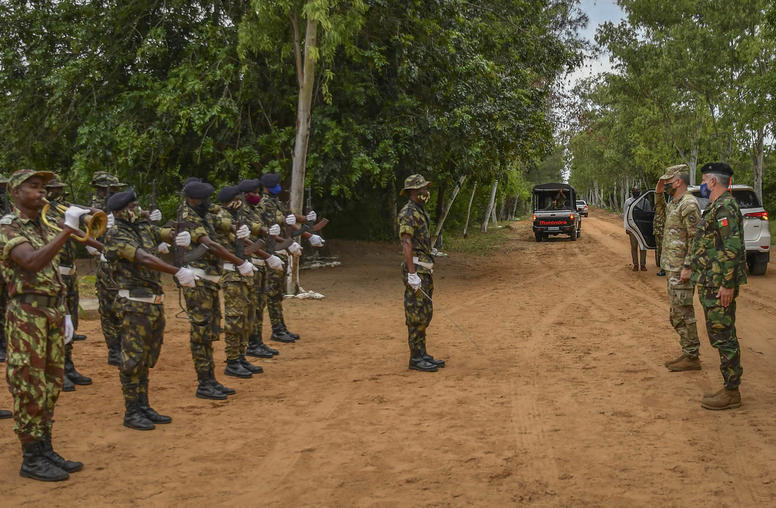
Regional Security Support: A Vital First Step for Peace in Mozambique
Over the last year, Mozambique has seen a marked improvement in security conditions in its troubled Cabo Delgado region. The military intervention of Southern African Development Community (SADC) member states and Rwanda has disrupted an Islamist insurgency that emerged in 2017 and has since inflicted an enormous toll on the region. Security in key areas of Cabo Delgado and neighboring provinces has stabilized, giving the Mozambican government — and its international backers — an opportunity to foster reconciliation leading to an enduring peace. The Mozambican government should immediately take advantage of this exceptional regional commitment, which won’t last forever.